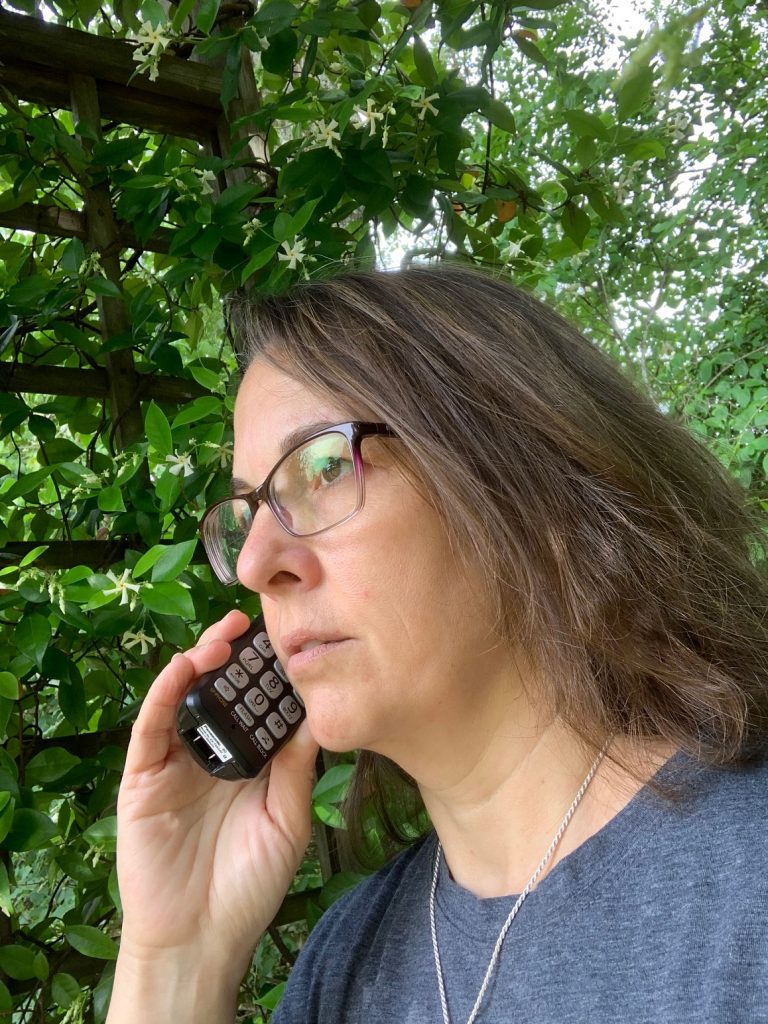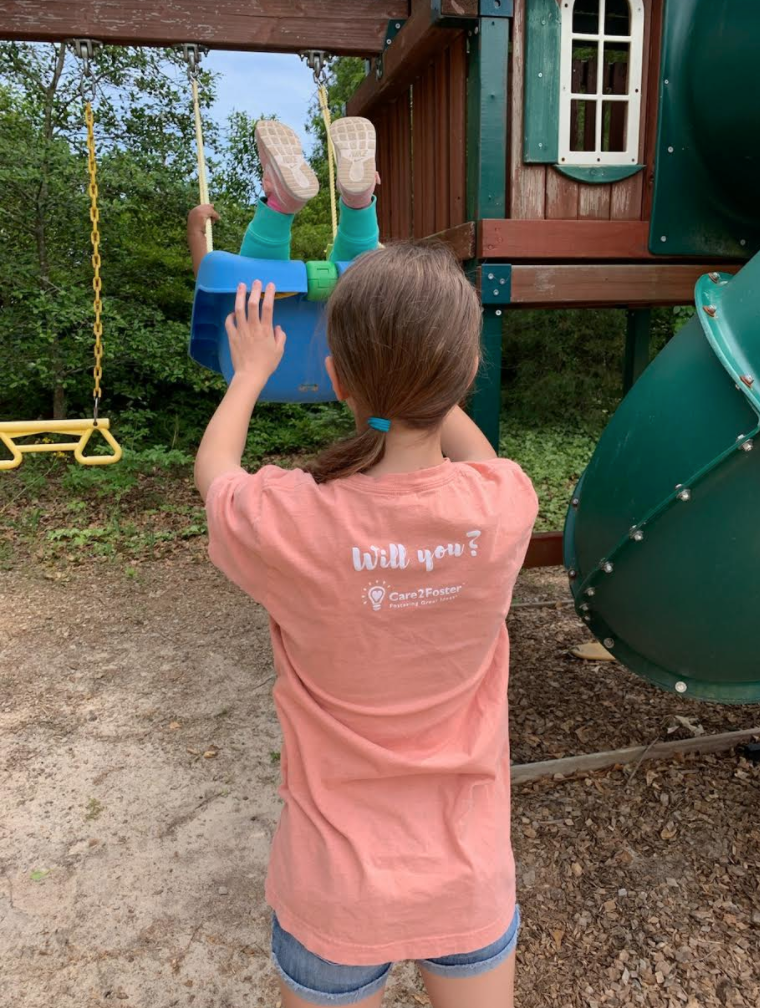
As adults, we all have to strike a balance between opposing forces: work and personal lives, time for ourselves and time for our children and our partners, deciding when to save and when to spend our earnings. Fostering adds another layer of complexity to this balancing act, as we consider our biological kids’ needs while meeting the sometimes very demanding and ever-changing needs of kids in foster care while in our home. Fostering is filled with balancing acts.

Another balance I have to strike is between understanding everything I can about the child welfare system, court hearings, DSS protocols, my role in all of it, and yet being able to let go of frustrations and anger over delays, continuances, case worker turnover, cases that don’t seem to progress the way I think it should, all the hurry up and waits. Maintaining that balance isn’t always easy. The best advice I received during training was to keep my focus on the child, because all the other stuff is overwhelming and can cause us to burnout very quickly.
Yet another balance foster parents face is between the love and attachment we feel for these children and the ability to say goodbye. It’s tough not knowing if that goodbye is coming unexpectedly later today, or three years from now. I have to prepare my heart and my head — and my biological kids — for these goodbyes, yet I never really know when goodbye is coming. But if the time I can spend with these precious children does anything to ease their heartache and trauma, I consider it a privilege to become attached, even if it’s only temporary. As adults, shouldn’t we gladly risk experiencing our own heartbreak to ease that of a child?
There are many other aspects of fostering that require a balancing act by foster parents, but perhaps none as challenging as showing compassion for the child’s parents, rather than judgment.
It seems to be a very real human response to quickly judge others – we do it every day based on first impressions, cultural biases, our own limited experiences, simple shock factor, and a lack of having all the right information. It isn’t easy to hear the reasons why a child was brought into care and automatically respond with compassion, trying to understand the parents’ situation and how they got to the point of losing custody.

It’s not easy to hear about a parent’s abusive behavior or long-term neglect and automatically respond with compassion rather than judgement. But isn’t that exactly what foster parents should be doing, what all of us should be doing? Not standing back in judgement, but stepping forward with compassion. Many of these parents have never had a proper role model – never witnessed what good parenting looks like. Does that excuse abusive or neglectful behavior? Of course not. But it could help explain it. And understanding what led parents to their current situation can only help foster parents find room for compassion in our hearts.
Typing these words is easy. Living it is something entirely different. Today was a hard day for me to find compassion when I received an update about our little ones’ case. My instinct to hover and protect these children took over. I felt sick and wanted to scream and cry and punch the wall in my state of anger and confusion. And then my phone rang again.

It was a call from the little ones’ mother. Hearing the pain and fear and confusion in her voice gave me pause. It halted my anger and forced me to consider what assumptions had been made about the situation without all the facts. Without. All. The. Facts.
And there it is, the realization nearly knocked me over: the hardest part of fostering for me thus far has been knowing that I obviously don’t have all the facts about the parent’s history and behaviors and motivations. Do I naively believe everything someone tells me? Of course not. So how can I possibly know the best course of action on a case if I don’t have all the information?
I can only take a few deep breaths, count to 10, and remind myself that I don’t have to know the best course of action. It isn’t my job to decide between reunification and termination of parental rights (TPR). My job as a foster parent is not to cast judgement, but offer love and safety to the children temporarily under my care, while offering compassion for their parents who are either working hard to complete a treatment plan or face losing the legal right to their children, neither of which is an easy path for them to take. That leads us back to the best advice I’ve received as a foster parent: to keep my focus on the child.

If you’ve ever felt confused as you try to strike that balance between judgment and compassion, you’re not alone. But I encourage you, friends, to take a few deep breaths and remind yourself that you don’t have to have all the answers. Sometimes there isn’t a single right answer. Try a different perspective. Try putting yourself in someone else’s shoes for just a minute and see if you feel differently. Maybe, just maybe, once you’ve done that, you’ll find compassion and understanding have taken the place of judgement.
Foster care is meant to be temporary. Reunification is always the initial goal when a child enters foster care and foster parents should be able to not only support, but champion reunification. Read more about shared parenting and developing a relationship with your child’s parents in our Shared Parenting blog archive.



